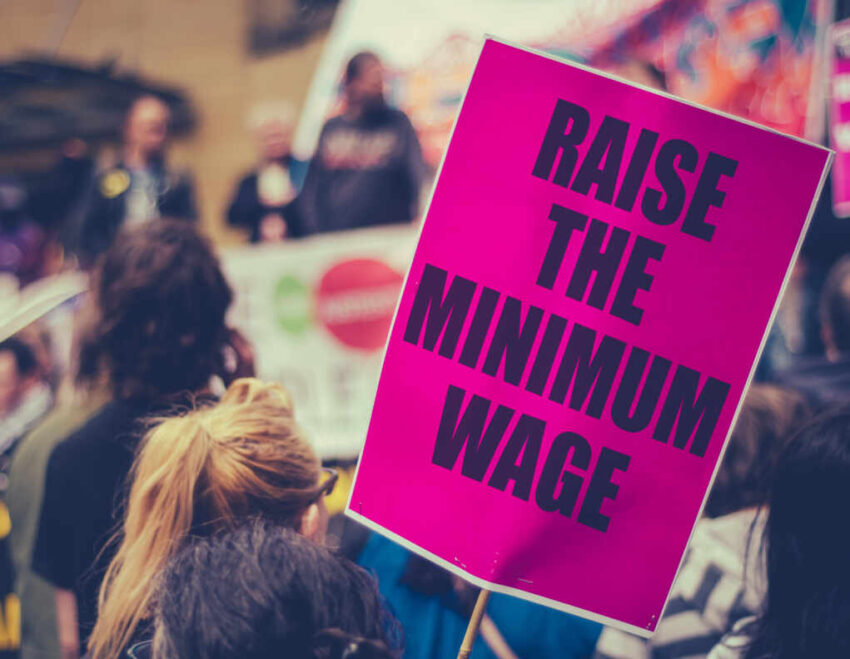Employees at a Cobb County Waffle House have staged a walkout—led by the Union of Southern Service Workers (USSW)—escalating demands for fair wages, improved safety standards, and the elimination of punitive meal deductions.
At a Glance
- Workers at the Waffle House on Windy Hill Road in Marietta, Georgia—within Cobb County—launched a strike backed by USSW, pushing for a $25/hour minimum wage, 24/7 security, and an end to mandatory meal deductions
- The protest began with a rally in a nearby parking lot, followed by a march to the restaurant, where employees delivered their demands in person and chanted publicly
- Waffle House CEO Joe Rogers previously announced phased base pay increases—to at least $3/hour in June 2024, rising to $5.25/hour by 2026—but workers say these measures remain insufficient
- Strikers cite ongoing safety concerns, including customer harassment, slow police response, and automatic paycheck deductions whether meals were taken or not
- The protest reflects broader national trends of union-led labor activism in Georgia and other traditionally anti-union states
The Heart of the Matter
At around 10 a.m. on May 17, 2025, roughly two dozen demonstrators, many of them Waffle House employees, convened in a Target parking lot before marching a few hundred yards to the restaurant on Windy Hill Road SE. There, organizers with USSW delivered strike notices and spoke out for approximately 45 minutes. They demanded $25 per hour wages, more reliable security, and an end to the $3‑a‑shift meal deduction policy that many say unfairly reduces their pay for meals they don’t even eat.
Watch a report: Waffle House workers on strike demand higher pay and safety improvements · YouTube
The protest follows prior action at other locations in Georgia and the Carolinas, as USSW has employed direct pressure tactics—such as walkouts and public rallies—to press for structural change at the company.
Larger Stakes and Industry Impact
This strike delivers a sharp critique of gig‑style labor practices in the service sector: sub‑minimum tipped wages, mandatory labour deductions, and precarious working conditions. As Waffle House rolls out pledged pay increases funded by menu price hikes and shift premiums, workers argue these moves remain incremental and insufficient in high-cost, high-risk environments.
The protest has garnered national attention as part of a rising tide of employee organizing—particularly in low‑wage Southern workforces. It challenges a long‑standing status quo, forcing both regional employers and policymakers to reckon with growing demands for living wages and workplace safety. If successful, this action could signal broader change across other chains and industries that have historically resisted unionization.
Ultimately, what started as a strike at one restaurant could become a catalyst—reshaping labor relations, worker protections, and wage norms in Southeastern service jobs.
Click this link for the original source of this article.
Author: Editor
This content is courtesy of, and owned and copyrighted by, https://thecongressionalinsider.com and its author. This content is made available by use of the public RSS feed offered by the host site and is used for educational purposes only. If you are the author or represent the host site and would like this content removed now and in the future, please contact USSANews.com using the email address in the Contact page found in the website menu.








